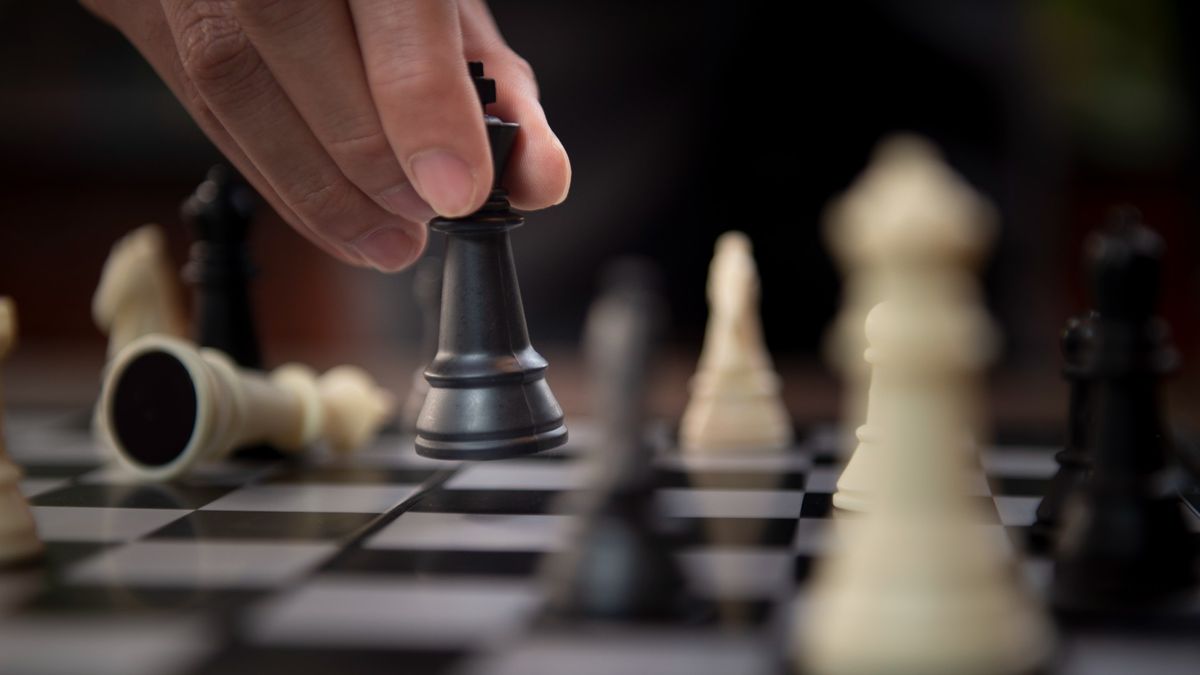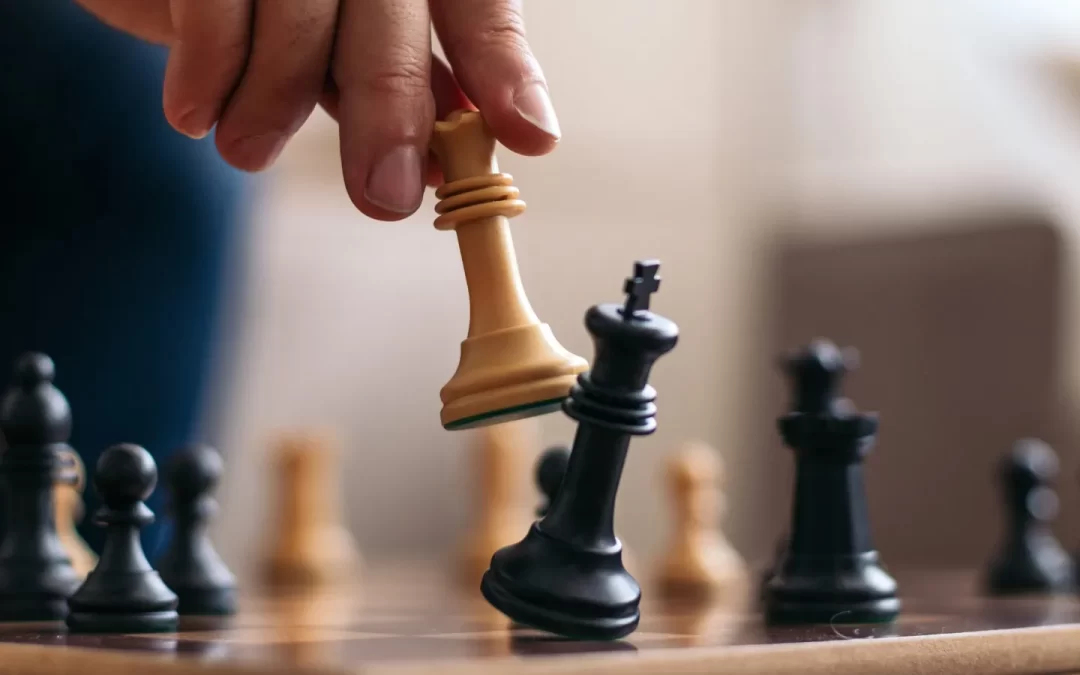In chess, success isn’t just about knowing the rules or mastering tactics—it’s also about maintaining deep concentration throughout the game. A single lapse in focus can turn a winning position into a losing one. At Premier Chess Academy, we emphasize that a sharp mind is as essential as strategic skill. That’s why improving concentration is a central part of our online chess training programs.
Whether you’re a beginner learning the chess setup or an advanced player preparing for tournaments, staying mentally present helps you spot opportunities, avoid blunders, and keep your edge. Let’s explore easy, effective exercises that help boost focus and improve performance during matches.
1. Deep Breathing Before Games
Before starting any game, take a few minutes to do deep breathing exercises. Slow, rhythmic breaths calm your nervous system and prepare your brain to focus. Inhale for four counts, hold for four, and exhale for four. Repeat for 2–3 minutes.
This simple technique is practiced in top chess schools and by grandmasters worldwide. At Premier Chess Academy, our coaches recommend this habit before every tournament game or online chess class. It helps reduce anxiety and clears your mind for strategic thinking.
2. Visualization Drills
Visualization is a key skill in chess. To develop it, close your eyes and imagine a complete chess setup—from pawn positions to piece color. Mentally play out 5–6 moves of a simple opening like the Italian Game or the Queen’s Gambit.
Practicing this every day strengthens memory and spatial awareness, allowing you to anticipate your opponent’s moves better. Our online chess coaching sessions often include guided visualization drills tailored for different levels of players.
3. Puzzle Solving Under Time Limits
Tactical puzzles are not just fun—they’re concentration boosters. Set a timer and solve as many puzzles as you can in 10 minutes. This trains your brain to focus quickly and think ahead, just like in real games.

Premier Chess Academy’s online chess classes provide regular puzzle training, where students tackle real-game scenarios. It sharpens their ability to analyze patterns and think fast under pressure.
4. Play Blindfold Chess
Blindfold chess may sound extreme, but playing simplified versions (like 4×4 or 6×6 boards in your mind) is a great way to improve concentration. It forces your brain to retain positions and move sequences without visual aid.
This advanced technique is taught gradually in our chess training curriculum. It helps students enhance memory, logic, and visualization—all essential to focused play.
5. Take Micro Breaks
Ironically, one of the best ways to improve concentration is to take short breaks. During a long game or study session, stand up every 30–45 minutes, stretch, and walk around for a few minutes.
This technique prevents mental fatigue, helping players remain alert throughout the match. In our chess school, we encourage healthy game breaks to avoid burnout and maintain mental clarity.
6. Use the 5-Second Rule
Whenever you make a move, wait at least 5 seconds—even if you think it’s obvious. This small pause forces your mind to double-check the move and look for threats or opportunities you may have missed.
Students in our online chess coaching programs are taught to use the 5-second rule to avoid impulsive decisions. Over time, it becomes a habit that significantly reduces careless mistakes.
7. Practice Mindfulness or Meditation
Regular mindfulness exercises, even for 5–10 minutes a day, can dramatically improve your ability to concentrate during games. Apps like Headspace or Calm offer simple routines for beginners.
Our instructors at PCA often suggest mindfulness routines, especially for kids and teenagers, to help them focus better during training and competitive play.
8. Review and Reflect Post-Game
Concentration doesn’t end when the game does. Reviewing your games immediately afterward trains your brain to reflect and learn. Ask yourself: Where did I lose focus? When did I feel distracted?
This self-awareness is nurtured in our online chess classes, where post-game analysis is a regular part of learning. Players who reflect regularly build stronger mental habits for future matches.
9. Keep a Chess Journal
Maintaining a journal is another underrated exercise. After every game, write down how you felt, where you lost or gained focus, and what distracted you.
Our students at Premier Chess Academy use journals to track progress, identify patterns in their concentration, and build mental endurance. It’s a simple yet powerful habit for serious players.
10. Stay Physically Active
A healthy body supports a healthy mind. Regular exercise—whether it’s walking, running, or yoga—helps boost brain function and improves sustained focus. Chess players aren’t just thinkers; they need physical stamina too.
That’s why our academy promotes a balanced lifestyle. Many top players also follow fitness routines to stay sharp mentally during long tournaments.
Why Premier Chess Academy Prioritizes Focus Training
At PCA, we go beyond just teaching openings and endgames. Our holistic approach integrates focus training, mindset building, and personalized attention. From the very first chess setup lesson to advanced tournament prep, every aspect of our online chess coaching is built to sharpen your mind.
Whether you’re a parent looking for a reliable chess school or an adult beginner seeking structured online chess training, our programs help students of all ages build focus, strategy, and confidence on and off the board.
Conclusion: Your Focus Determines Your Game
In the game of chess, attention is your greatest asset. While tactics and theory are important, true mastery comes from being mentally present—every single move. By incorporating these simple yet powerful exercises into your routine, you can boost your focus and elevate your game.
Ready to sharpen your mind and learn from expert coaches?
Join PCA, where champions are made one focused move at a time.
🎓 Enroll in our online chess classes and start your journey toward smarter, sharper play today.


Recent Comments